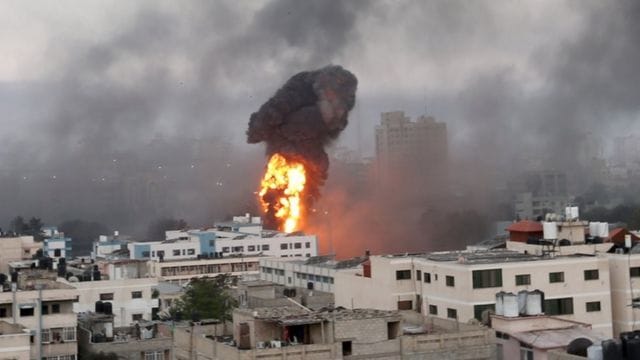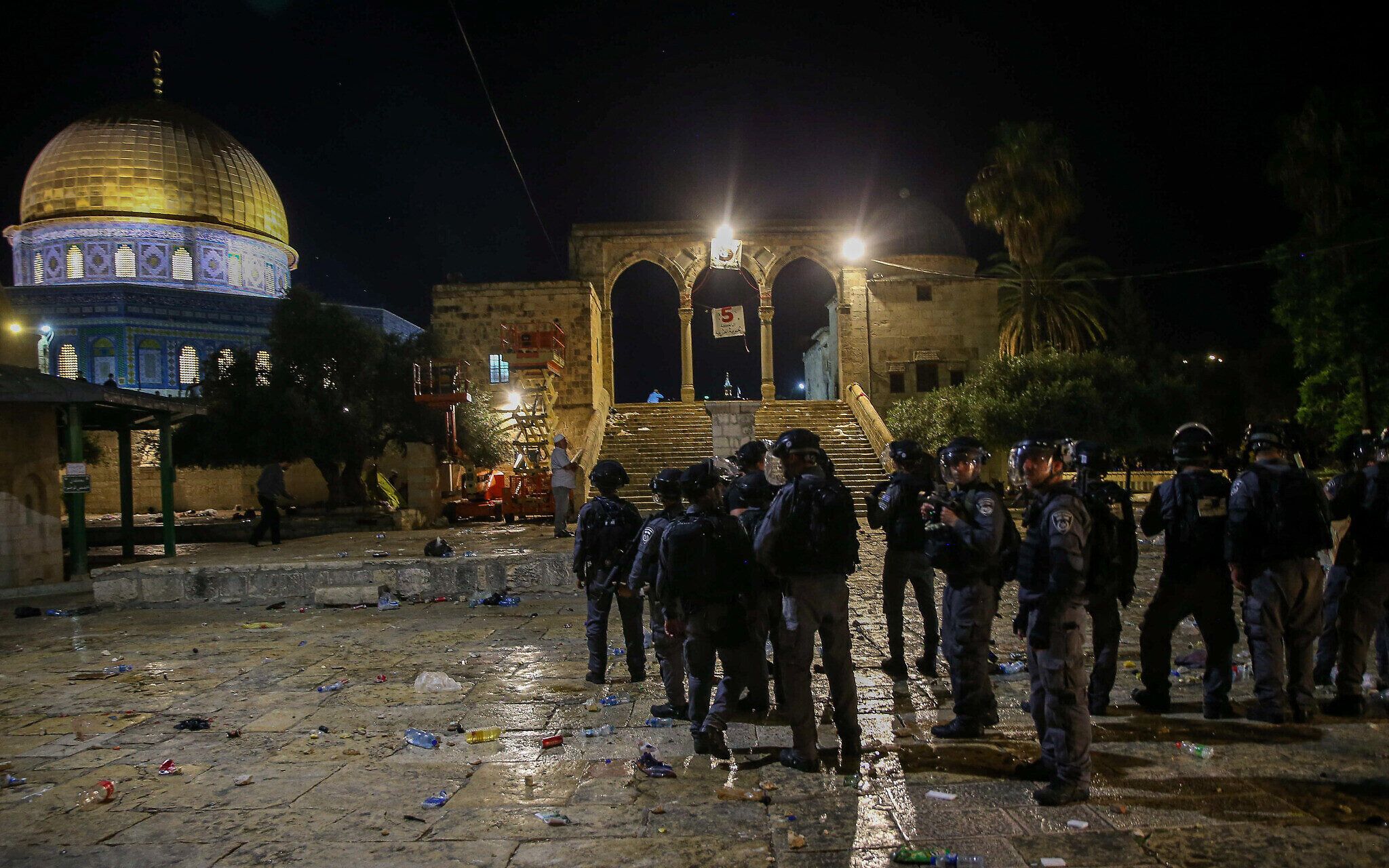
Jerusalem has been the center of violent encounters between the Israel-Palestine clashes for over 100 years. Israeli police and Palestinian protestors have clashed every day for the last few weeks. Jerusalem not only remains to be one of the most bitterly fought cities. But the home to religious sites for Christians, Jews, and Muslims.
The most recent clash began a month ago. With Israel’s move to block gatherings of Palestinian Muslims during Ramadan. With the restrictions easing, tensions increased. When many Palestinian families were evicted from an East Jerusalem neighborhood.
What is happening in Jerusalem?

To Israel, Jerusalem is its unified and eternal capital. Israel captured east Jerusalem in 1967’s Mid-east war along with Gaza and West Bank. But, they annexed the eastern part of Jerusalem without recognition. However, Palestinians want their territories back for their state. It made East Jerusalem a hot pot of Israel-Palestine clashes, controversy, and mayhem.
Israel-Palestine clashes

On Monday, Israelis set out to mark their national holiday-Jerusalem day and marched through the city in a provocative display towards the Palestinians. They have also staged several events that lead to scattered and violent altercations.
Palestinians from East Jerusalem hold a permanent residency. Their citizen application is uncertain and not chosen as they do not recognize Israel’s control. Jews from East Jerusalem are Israeli citizens. Home to roughly 2220,000 people. It has elicited a limitation on the growth of Palestinian neighborhoods and unequal treatment. (Ultram)
During the recent conflicts, Israeli police placed barriers around their place of prayer. The conflict reverberated across religion, and Hama-a Palestinian group triggered an uprising. Gaza militants have also fired rockets as a form of protest. A series of shootings followed in the West Bank and increased the tensions. Several Arab nations, the EU, and the US condemned the attack while Iran encouraged them.
